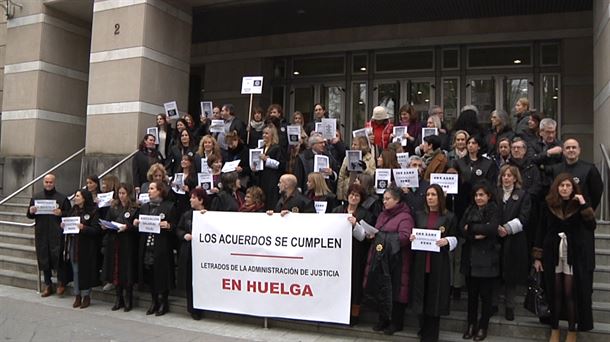The parties describe the election as unnecessary by assuring that nothing will change if the union boycott continues
UK Secretary of State for Northern Ireland Chris Heaton-Harris will announce the date for new elections in Northern Ireland next week as the deadline for forming an Executive falls at midnight on Thursday. The meeting of parliamentary groups in the Belfast Assembly was unsuccessful, due to the Democratic Unionist Party’s refusal to participate in autonomy.
The DUP toppled the regional government in February with the resignation of Prime Minister Paul Givan. After the May elections, which gave victory to Sinn Féin, the largest trade union party refused to participate in the complex system of restoring autonomy. It does not accept the validity of the Brexit protocol for the province, which, according to the DUP, separates the province from the rest of the United Kingdom.
Conor Murphy, of Sinn Féin, adviser to the economy in the executive branch before the collapse, pointed out that the failure in the attempt to restore the meeting “is not because the parties do not agree among themselves, but because the DUP does not agree.” wants to work with everyone.” Party leader Michelle O’Neill warned of a “strange turn” from the British minister.
Heaton Harris has stated in recent days that she would call the election if autonomy is not restored, and the announcement has been postponed until next week. He will meet the parties, he promised. But he recalled that he is legally obliged to call the elections within 12 weeks of the collapse of autonomy and that the parties are also working with those rules.
The institutions established in the Good Friday Agreement have been in operation for less than half the time since 1998. But the current circumstances seem dangerous for their future. Matthew O’Toole, Belfast MP for the Social Democratic and Labor party, representing moderate Catholic nationalism, told the BBC that “it’s like the wake of autonomy”.
DUP leader Jeffrey Donaldson blamed London. “We’ve had six months to do something with the protocol, and in those months we’ve had three prime ministers and we haven’t seen the necessary progress.” He complained that under the circumstances the government could have extended the deadline, saying it “needs more time to find a solution and that Northern Ireland needs to re-establish its place in the UK domestic market”.
The protocol, incompatible with the wishes of the DUP, regulates trade between Northern Ireland, which remains in the common market, and in the UK market, with the rest of the UK, which has remained outside the common market after Brexit. . Trade unionists especially dislike border procedures and controls between Northern Ireland ports and those in Scotland, Wales and England.
A statistical survey published this week by academics from Queen’s University, Belfast, indicates that 54% of the population believe the protocol is appropriate if the grace periods set by London are maintained in the application of border controls. 70% think there should be special procedures in the region and 60% think Brexit is not good for the UK.
Minister Heaton-Harris said bluntly that the UK government is not considering the idea of replacing autonomy with a county governorship shared by Dublin and London. The idea was floated by Sinn Féin and received support from the SDLP, perhaps to prevent voter flight. Without the consensus of union work, it would break the 1998 constitutional agreement. Violent “loyalism” warned that they are vigilant against this kind of maneuver.
The governments of London and Dublin already have a coordinating body, headquartered in Belfast, but their approach has been to advance the tripartite negotiations, with Brussels, on the protocol. Heaton-Harris and her Irish colleague, Simon Coveney, signaled progress during Liz Truss’ tenure in the British government.
The parties consider the elections superfluous, because the outcome will not change anything if the negotiations on the Protocol do not convince the DUP. In the meantime, supervisors who acted as interim employees in their department have left their posts. Civil servants with even less powers will run a region with a major deficit, despite the London government’s annual donation of €17,500 million. The minister of the central government dictates the next budget.
Source: La Verdad
I am an experienced and passionate journalist with a strong track record in news website reporting. I specialize in technology coverage, breaking stories on the latest developments and trends from around the world. Working for Today Times Live has given me the opportunity to write thought-provoking pieces that have caught the attention of many readers.



